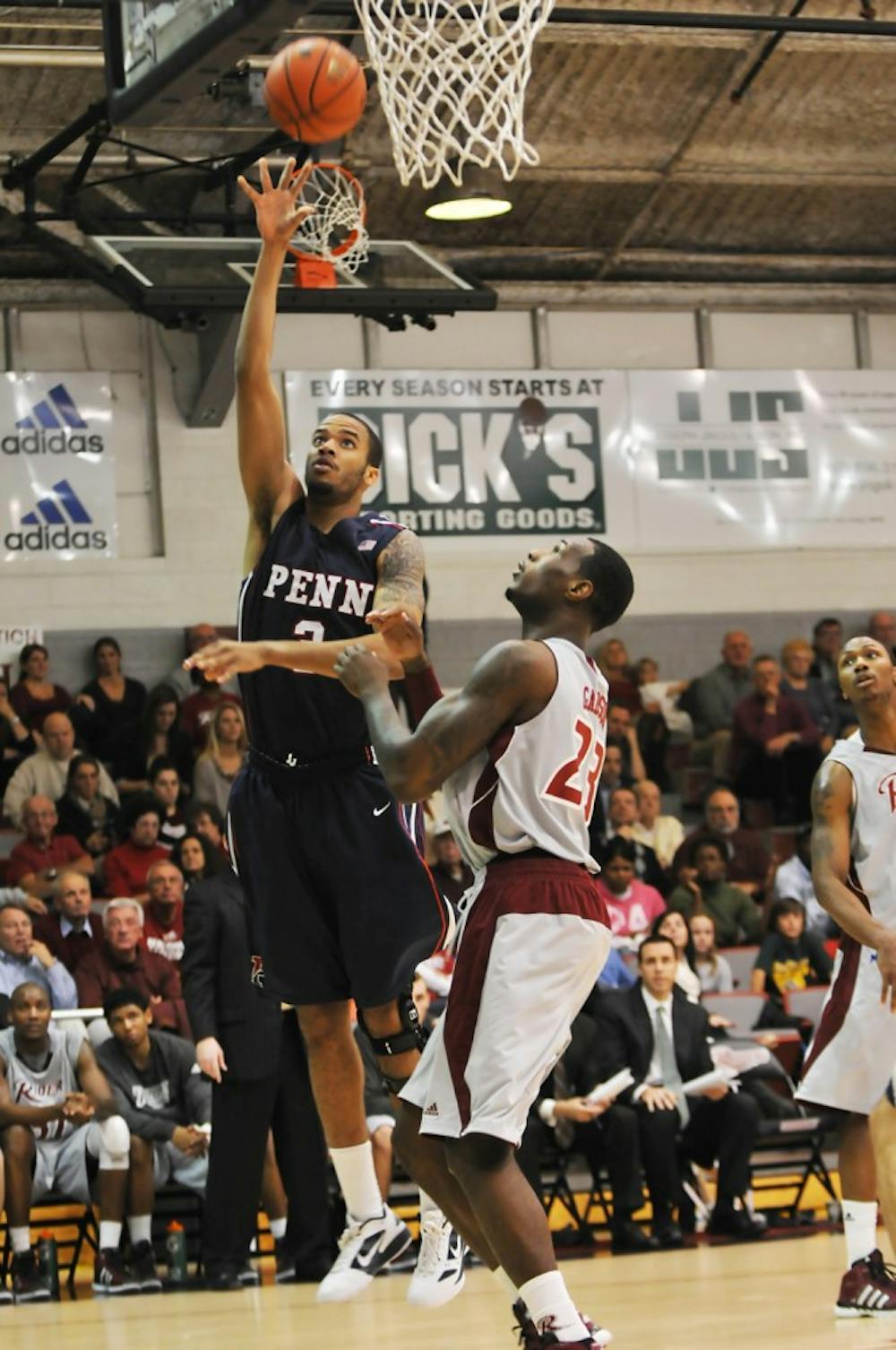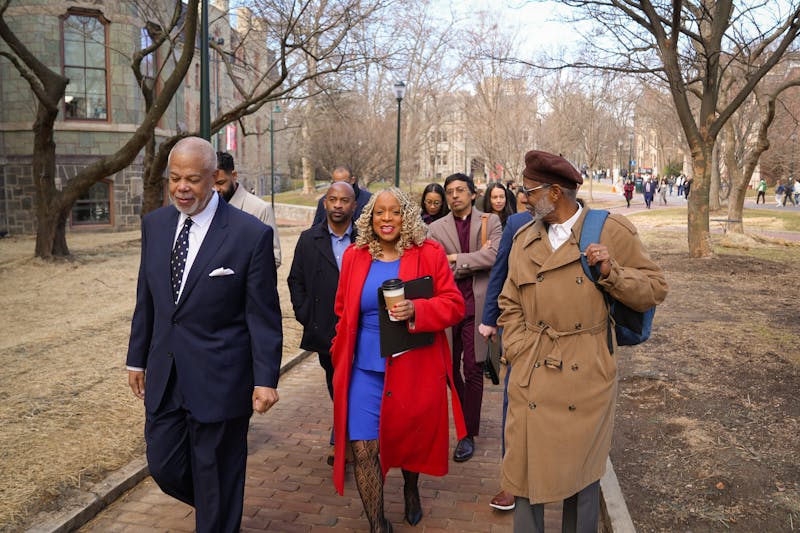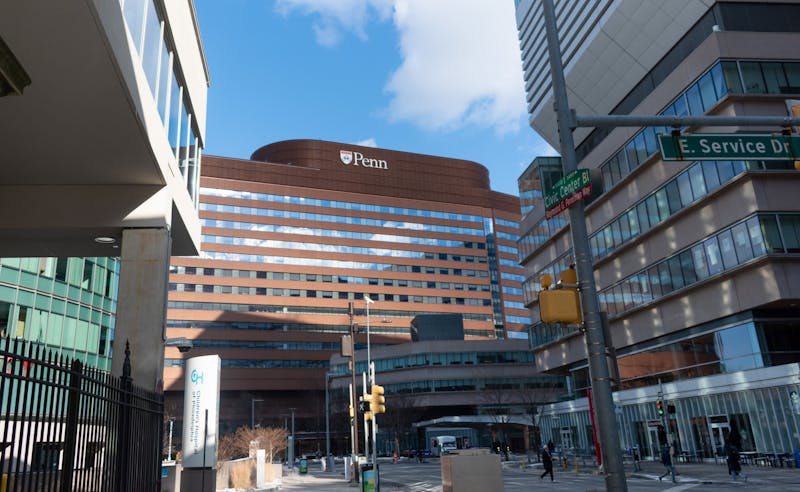
You wouldn’t know from the infectious smile on Henry Brooks’ face that he’s endured a difficult past.
You wouldn’t know from his optimistic outlook on life that at one point, his life shattered into pieces.
You wouldn’t know from his quick recovery from a knee injury that he’s had to recover from far worse.
College freshman and New Orleans native Henry Brooks lost everything to Hurricane Katrina. His life, education and ability to play the game he loves are blessings he now knows never to take for granted.
- * *
The sweltering Louisiana summer heat lingered in Aug. 2005 when Henry entered seventh grade. The storm threat that emerged a week into the school year started out just like so many late summer storms of the past, and the warning was not immediately heeded by Henry and his family, who had ridden out their share of hurricane warnings. Katrina was just the name of another storm passing through New Orleans.
But on Aug. 28, the day before the storm hit, they realized that Hurricane Katrina was different. Boarding up windows and stocking up on supplies were not going to be enough to survive this storm.
Henry and his family packed up what they could and left the city to go stay with family farther inland. What was normally a two-hour drive took 12 hours, as people flooded the highways attempting to escape Katrina’s path.
Henry’s family waited out the storm with relatives. After realizing how much damage Katrina had caused to New Orleans and unsure whether their house had even survived, they decided to resettle in Atlanta, where they lived in a basement for six weeks trying to find a permanent home where they could restart their lives.
- * *
In the football-obsessed city of New Orleans, Henry took to the gridiron and the baseball diamond, but was not as serious about basketball, as there was no organized league at school.
In Atlanta, however, he found a town much more enthusiastic about hoops, and his life increasingly centered around the court.
Around the time Henry moved to Atlanta, he sprung up to 6-foot-5 and began to take basketball more seriously.
“Henry was pretty clumsy because he’d always been tall,” said his mother, Bridget New. “When you have all of that length, all of those limbs when you’re so young, you really don’t know what to do with them.”
But Henry figured it out along the way, and soon enough, he was playing against grown men at his local YMCA despite still being in middle school.
At his church, he soon met Sharman White, who would ultimately become his coach at Miller Grove High School. There, Henry played a central role in making the program a powerhouse in the state of Georgia.
“We already had a couple kids who came from New Orleans,” White said. “We embraced those guys. He became a part of our family very, very early. I think he responded to that. He went out and laid it all on the line for us and really played his heart out.”
After the struggles of the previous few years, Henry had finally settled down — but his basketball career was just getting started. * * *
In Nov. 2005, nearly three months after the storm had hit, Henry and his family traveled back to New Orleans for the first time to see the damage Katrina had wreaked on their home.
The family had been in the dark about how their neighborhood had fared, as the part of the city where they lived was never shown on the news. They heard from a neighbor that the water had risen to the roof of their house, but seeing the destruction in person was an overwhelming experience.
“The city was totally different,” New said. “It was desolate and it really looked dead … We went inside the house and what we saw was basically black up and down the walls. Things had moved from one room into other rooms because it just floated with the water. It was absolutely amazing, and definitely something I never imagined.”
- * *
For an athlete with a state championship and college scholarship on the line, who had already been through so much, a season-ending injury would seem to be devastating.
But not for Henry.
He was on his way to his third consecutive state title with Miller Grove and had interest from major programs, including perennial national power Connecticut.
Then, two days before the state championship, in the first minutes of the quarterfinals game, everything changed.
“I went one way and my knee went the other,” Henry said. “That was a hard time.”
Henry, his coaches and his teammates hoped that the injury was minor. They needed him for the championship run, but more importantly, they knew his future depended on the severity of his injury.
When Henry found out he had torn his ACL, he didn’t think of being unable to play for a third state championship or losing a scholarship or even never playing basketball again.
“His spirit stayed true and stayed surprisingly tough,” White said. “He was very supportive of his teammates. It wasn’t the same, not having him on the court, but in the locker room, he made himself visible where the guys felt like they were doing it for him.”
And they did, winning their third-straight state title as Henry cheered from the sidelines.
- * *
For the Quakers, Henry’s injury seemed to be a blessing, as he committed to Penn shortly after. It was clear, however, that his impact as a rookie would hinge on his ability to return from injury.
Back in game shape earlier than most anticipated, Henry made his collegiate debut against Temple in Penn’s second game of the season — just over eight months after his injury. His first four points came in overtime of Penn’s next game, a 78-72 win over Rider.
Since then, Henry has been continually improving, becoming a regular starter for the Quakers and finding his place on the team and at the University.
“I feel this is where I’m supposed to be,” he said.
The seemingly daunting task of rehabbing his knee in such a short timespan in order to be ready for the season was easy compared to what he’s had to overcome in the past.
“The reason why that kid can tear his ACL two games before the state championship, and still cheer his team on, and be a vital part of us trying to win a state championship, and the reason he can go to school at Penn and make it back from a serious injury like that in time for the season is because this kid has seen the worst of the worst,” White said. “That makes him more mentally tough than a lot of people.”
Despite the destruction that Katrina brought to Henry and his family, a lot of good has come out of their experiences, and their lives have been changed for the better.
“We’re in a place now where there are greater opportunities, especially for my kids, who have been exposed to more, and I’m grateful,” New said.
Henry is a fighter — ready to face whatever the future throws at him.
“After Katrina, all my thoughts are pretty positive.
“Everything happens for a reason.”
The Daily Pennsylvanian is an independent, student-run newspaper. Please consider making a donation to support the coverage that shapes the University. Your generosity ensures a future of strong journalism at Penn.
DonatePlease note All comments are eligible for publication in The Daily Pennsylvanian.







